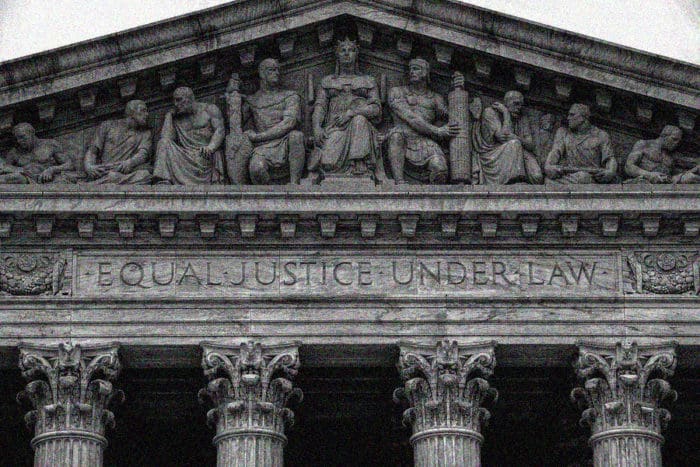The United States Supreme Court announced today that it will not review three cases challenging lifetime bans on gun ownership by people who have committed nonviolent offenses, some as long as four decades ago.
From USA Today:
In one of the cases before the court, a Pennsylvania man who pleaded guilty to driving under the influence in 2005 challenged the ban on purchasing or owning a gun. In another, a Pennsylvania woman who pleaded guilty to making a false statement on her tax returns sued over the ban. In a third, a man who pleaded guilty to counterfeiting and smuggling cassettes in the 1980s challenged the firearms ban.
This continues the high court’s recent streak of dodging gun rights cases.
The decisions Monday, which were handed down without explanation, are the latest in a series of instances in which the Supreme Court has skirted Second Amendment questions. The high court last issued major guns rights rulings in 2008 and 2010, cases that struck down handgun restrictions in the District of Columbia and Chicago.
But the court has signaled in recent years that it is interested in revisiting the issue. Four conservative justices have expressed a desire to address outstanding Second Amendment questions in recent dissents. Four justices are required to take a case, but five are needed to write a majority opinion on any issue.
Some are speculating that at least some of the Justices are being influenced in these decisions by Democrats’ threats to pack the Court with four new members to “restore balance” after President Trump appointed three new Justices during his four-year term in office.
The thinking is that the Court doesn’t want to feed the court-packing frenzy by taking and ruling on cases involving such hot button issues as Second Amendment rights, abortion, or the 2020 election…but we couldn’t possibly comment on the validity of that theory.
